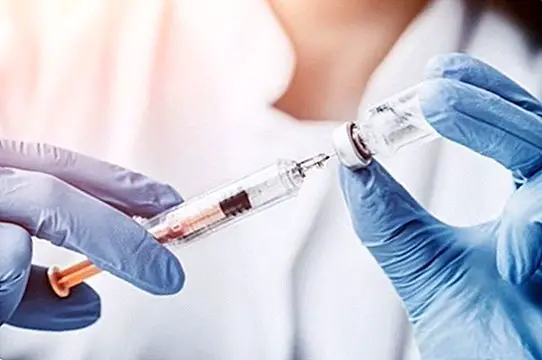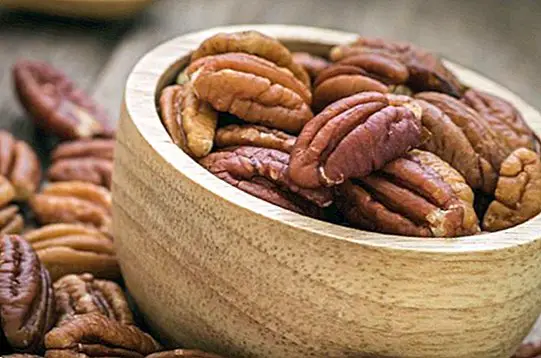What are the kidneys and what they are for: main functions
The kidneys, as happens with the liver, are fundamental organs in detoxification and purification of our body, especially because they are responsible for the elimination of those toxins and waste that our body does not need.
They become in fact one of the main filters of our blood, which purify it by retaining what our organism can take advantage of, and eliminating only what the body must discard through the urine.

In addition, the kidneys are responsible for regulating both blood pressure and the hydrosaline balance of our body. They also stimulate the production of red blood cells in the blood.
What are the kidneys?
The kidneys They are a pair of organs with shape or appearance that reminds a lot of beans or snap beans, and that have a size of a closed fist (about 13 centimeters long and 8 centimeters wide).
We found them in the back of the abdominal cavity, located just above the waist. In the case of the right kidney, it rests under the liver, while the left kidney is under the diaphragm.
On each kidney we find an adrenal gland, which exercises the function of regulating the response of our organism to stress.
What is the normal size of the kidneys?
Did you know that the kidneys can be visualized by the nephrologist and the urologist through an ultrasound? It is a fundamental technique in the evaluation of all those people who may suffer a kidney disease or pathology.
Thanks to this technique, the medical specialist can visualize them, check their condition, whether or not there are extraneous masses that can alert them (or even be benign, as with renal cysts), and above all, find out if they are enlarged or not.

In this sense, a healthy kidney measures between 10 and 12 centimeters; however, it is common - and totally normal - that the left kidney is a little larger than the right. Of course, we must bear in mind that the size of the kidneys is also related to the weight and size of the person, in turn influencing the age. Thus, it is common for the kidneys to grow very rapidly from childhood to 18 years, and then begin to decrease in size from 50 years, since it tends to lose kidney mass.
Did you know that a person's kidneys process and filter about 190 liters of blood each day ?.
What are the main functions of the kidneys?
The kidneys exert a function both excretory and regulatory. That is, in addition to excreting water to eliminate through urine all those products of the unfolding of food that can be harmful to our body, they also preserve it, returning it to the blood.
In fact, the kidneys filter around 190 liters of liquid each day, of which only 2 liters are eliminated in the form of urine, in whose composition we find waste products and water.
It also provides blood glucose, potassium and salt, in addition to other substances essential to maintain the internal environment without diet, climate or other factors can influence it.
Regarding the purification, the kidneys collect the waste products of the blood for its later elimination, at the same time that they regulate the content of the salts and the internal fluids.
They purify all the blood every 50 minutes, which means that 1,700 liters of blood have passed through the kidneys by the end of the day.
In summary, here are briefly what are the main functions of the kidneys:
- Debug blood
- Regulate the homeostasis of the organism.
- Excrete rights through urine, and regulate their production.
- Secrete hormones
- Participates in the resorption of electrolytes.
- Regulates blood pressure
- Regulates the volume of extracellular fluids.

Since our diet and various habits such as the use of alcohol and tobacco can be harmful to the health of our kidneys, it is always useful to know how take care of the kidneys. In addition, it is advised purify the kidneys At least once a year.
Regarding diet, an excessive consumption of salt can supersaturate the kidneys. Therefore, even if there is no pathology or kidney disease, it is not advisable to eat salt in excess, since many of the foods we consume in our diet provide us with the sodium our body needs. ThemesKidneys


